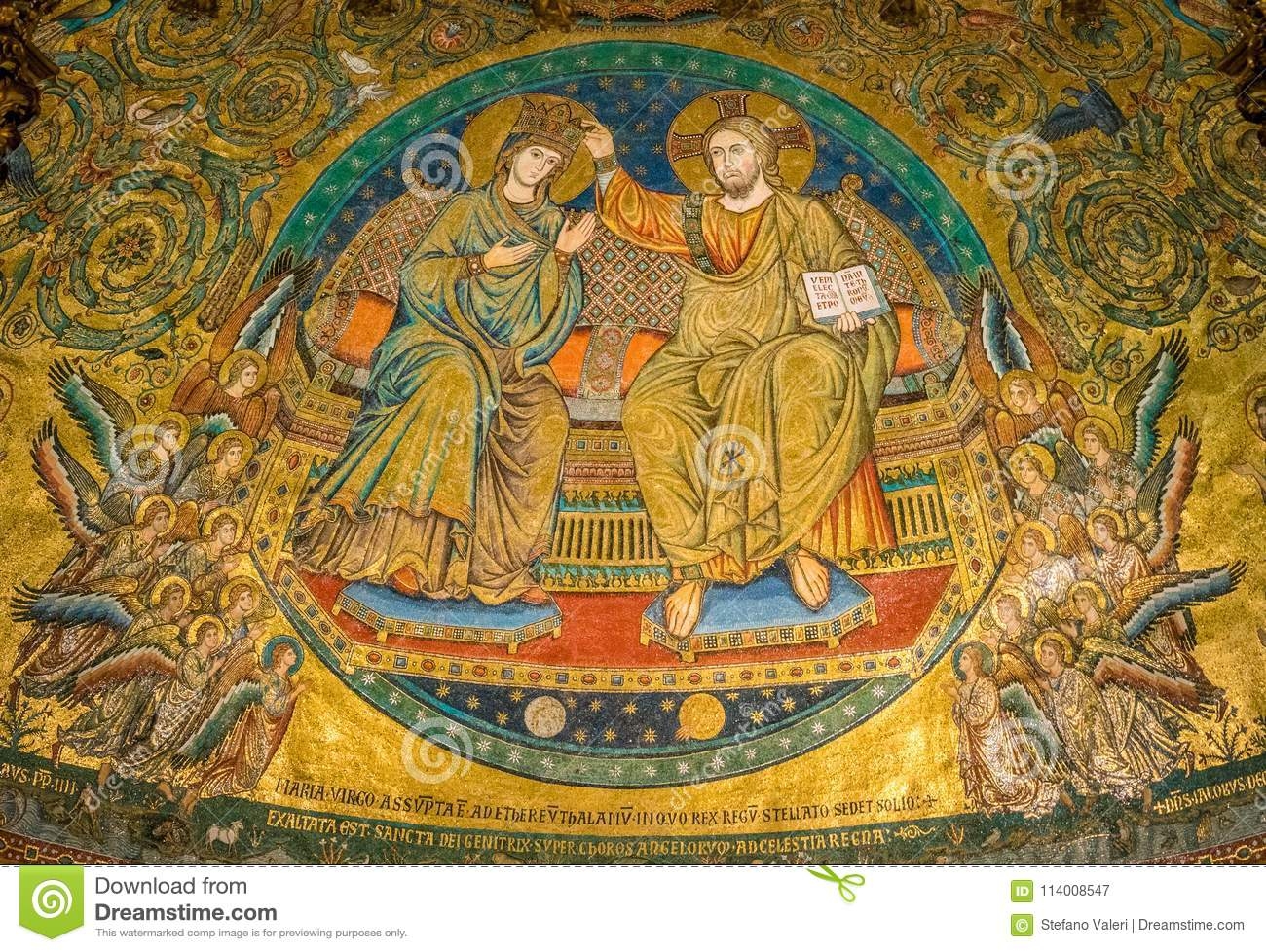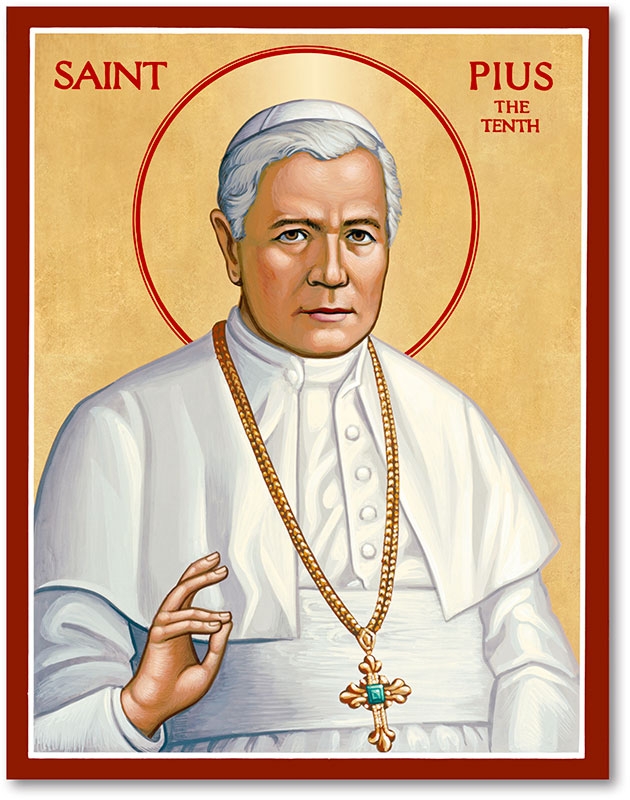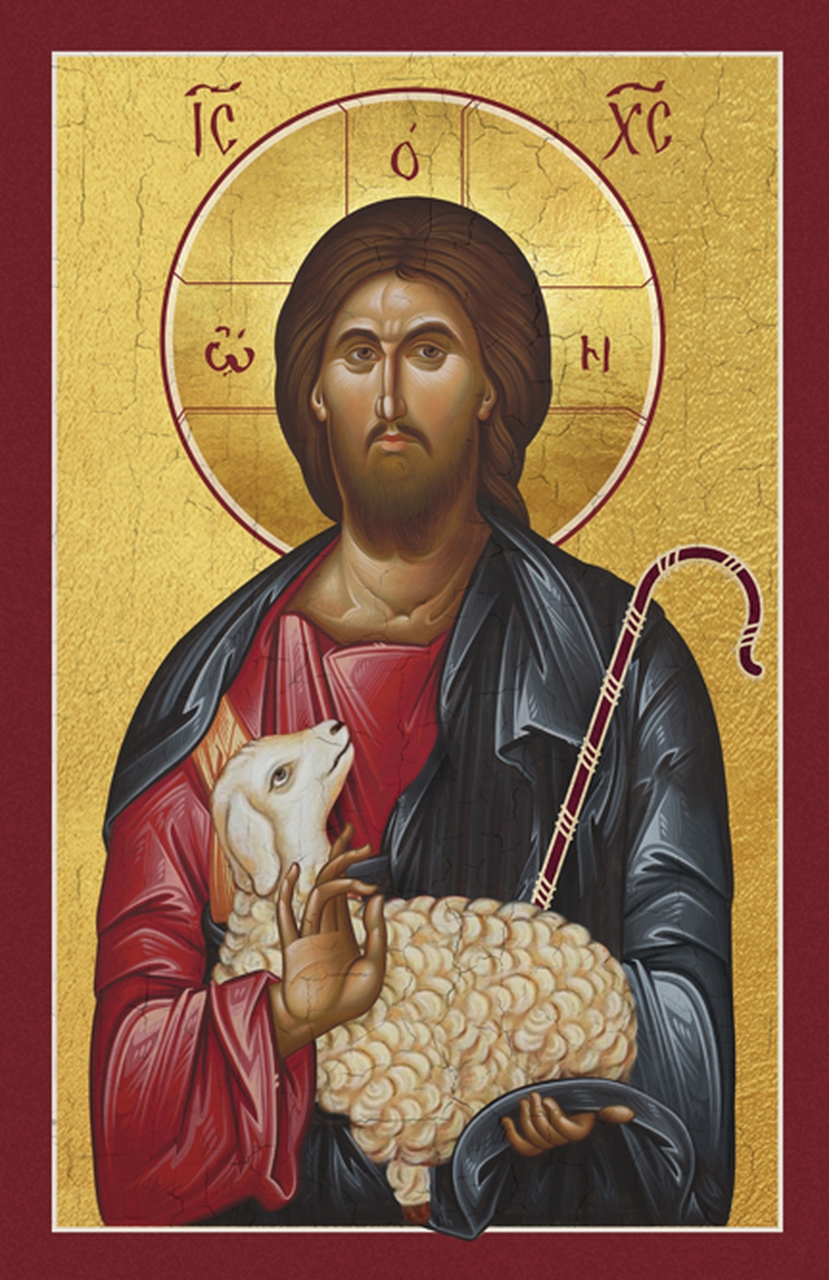These reflections are a result of more than 40 years of ministry as a Roman Catholic priest. Most of these years I spent in the Diocese of Charlotte which covers Western North Carolina. Now I am retired, and live in Medellín, Colombia where I continue to serve as a priest in the Archdiocese of Medellín.

And so I say to you, you are Peter, and upon this rock I will build my church, and the gates of the netherworld shall not prevail against it. I will give you the keys to the kingdom of heaven. (Mt 16:18-19)
Saint Peter is the hope for many of us, because if he can make it, perhaps we will to! In the gospels, Peter usually gets things wrong or misunderstands, but every so often he gets it right, as in today’s gospel. Cue the Rocky music!

And I saw that the temple was filled with the glory of the LORD. . . . . Then a voice said to me: Son of man, this is where my throne shall be, this is where I will set the soles of my feet; here I will dwell among the children of Israel forever. (Ezekiel 43:5-7)
The summer of the prophets comes to a close with this final reading from the Prophet Ezekiel, the vision of the Glory of the Lord in the temple. But which temple, the physical temple in ruins, or the temple which is God’s people?
Today is the Octave of the Assumption of the Blessed Virgin Mary. We celebrate Mary receiving the Crown of Life from her Son. As my young Jesuit friend said so eloquently:
"Every teaching of the Church about Mary is a teaching about us as Christians as well. At her conception, she received the same grace that we all do at our baptism. At the end of her life she was raised just as Jesus, and just as we all shall be."
And today’s feast is no exception . . . the Crown of Life awaits each one of us.

Son of man, can these bones come to life? I answered, “Lord GOD, you alone know that.” Then he said to me: Prophesy over these bones, and say to them: Dry bones, hear the word of the LORD! (Ezekiel 37:3-4)
The dry bones . . . what a vision! We should never be surprised what God can do for these dried up bones of ours. As the reading concludes:
You shall know that I am the LORD, when I open your graves and make you come up out of them, my people! I will put my spirit in you that you may come to life, and I will settle you in your land. Then you shall know that I am the LORD. I have spoken; I will do it—oracle of the LORD.
Today is the feast of Pope Saint Pius X (d. 20 August 1914), the Pope of the Holy Eucharist. Pius X allowed children to receive communion BEFORE receiving the Sacrament of Confirmation, and thus he invented First Communion as we have it today. Before that time, no one could receive communion unless they had been confirmed . . . a practice that still holds true for adults coming into Full Communion with the church today. Pope Pius X also encouraged frequent communion for everyone.

Many are invited, but few are chosen. (Mt 22:14)
I’ve always loved the character of Auntie Mame as portrayed by Rosalind Russell. My favorite line from the movie, Auntie Mame: “Life is a banquet, but most poor fools are starving to death!" And as Auntie Mame says, “Live, that's the message!” And as the Lord invites us to the banquet . . . what will we do? Let’s live and enjoy the banquet—making sure that there’s a place at the table for everyone!
As young man, I joined Saint Bernard Abbey in North Alabama. Today's picture is of the Saint Bernard Abbey Church .

Because my shepherds did not look after my sheep, but pastured themselves and did not pasture my sheep; because of this, shepherds, hear the word of the LORD: Thus says the Lord GOD: I swear I am coming against these shepherds. I will claim my sheep from them and put a stop to their shepherding my sheep so that they may no longer pasture themselves. I will save my sheep, that they may no longer be food for their mouths. For thus says the Lord GOD: I myself will look after and tend my sheep. (Ezekiel 34:8-11)
A lot of so-called Catholic folks have criticized Pope Francis when he talked about “clericalism” and said that shepherds should smell like the flock. But Pope Francis didn’t come up with this all by himself. The prophet Ezekiel was way ahead of him . . . by more than 2,000 years!



